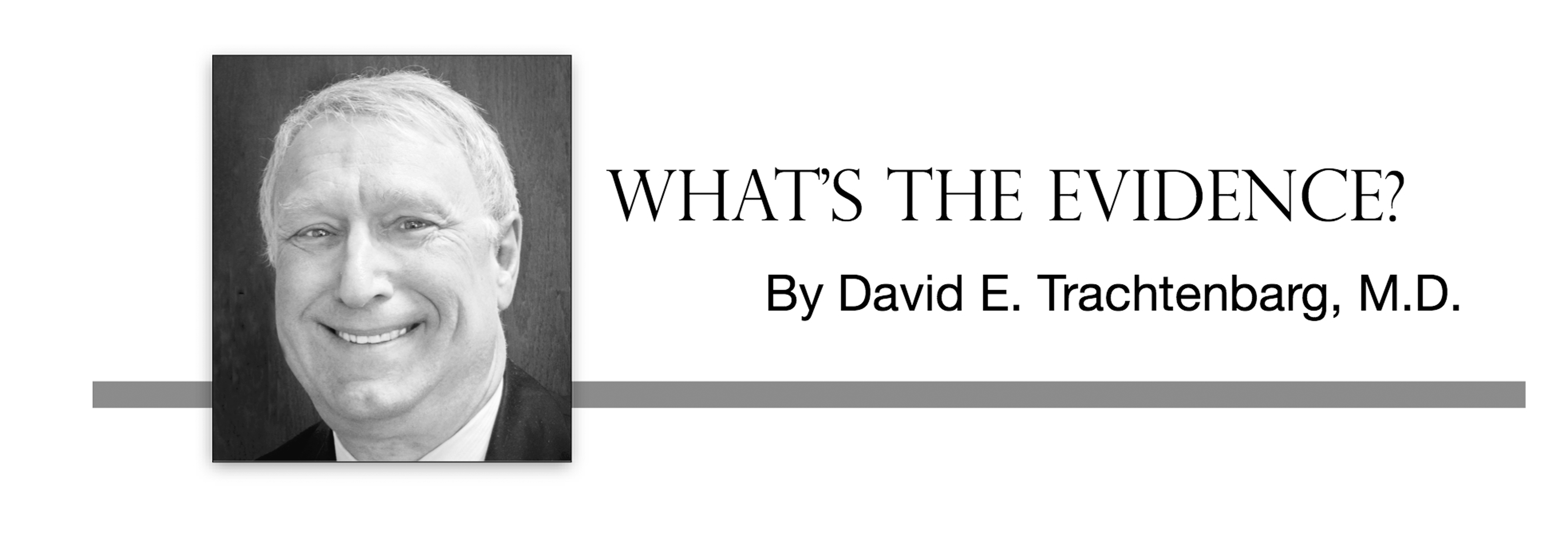In 1943, the United States Department of Agriculture (USDA) started promoting dairy products as part of the 7 Basic Food Groups. It recommended adults drink 2 or more glasses of milk a day. This promotion of milk and the dairy industry continues with the latest USDA health eating promotion called MyPlate. Although 100 percent of the MyPlate plate is grains, vegetables, fruits and protein, a dairy circle was added for to “get your calcium-rich foods.” The USDA now recommends 3 cups of calcium rich foods including milk, yogurt, cheese, milk based deserts or soymilk to maintain strong bones and prevent fractures.
Eight reasons why three cups of milk a day are not required include:
- Breast milk, not animal milk is tailored for humans during infancy. In infants cow’s milk can cause bleeding from the intestines and dehydration. Cow’s milk may also increase the risk of later obesity.
- Many adults cannot digest lactose, the sugar in milk. This is called lactose intolerance. About 12 percent of adults in the United States appear to be affected. Lactose intolerance is higher in many minorities. It affects about 20 percent of adult African American. This causes bloating, abdominal pain and diarrhea. Most people with lactose intolerance can tolerate small amount of milk. To eat more milk, enzymes can be added to the milk to predigest the lactose. Yogurt can also be tried. Most of the lactose in yogurt is predigested during manufacture. Cheese and butter also have very little lactose.
- Some people are allergic to cow’s milk. This is more severe than lactose intolerance. It occurs in 2-3 percent of children under 3. Fortunately, 80 percent of children “outgrow’ this allergy. Milk allergy can cause hives, wheezing and vomiting. In severe cases, milk allergy can cause shock and death. Unlike lactose intolerance, a milk allergy is usually requires avoiding milk.
- Whole milk has saturated fat, which is associated with an increased risk of heart attacks. To avoid the saturated fat from milk, one must not only drink skim milk, but also avoid ice cream which normally includes the fat removed from whole milk.
- Increased calcium intake alone does not maintain strong bones and prevent fractures. Although 1,000 to 1,200 mg a day of calcium intake is advised by the USDA, many experts believe less is needed. Exercise, vitamin D from diet, sun exposure or supplements, and vitamin K from green leafy vegetables are also required for bone health.
- Three cups a day of milk per day was associated with an increased risk of ovarian cancer in a study of 500,000 women. This increased risk may be related to female hormones in the cow’s milk due to the high rate of pregnancy in milked cows.
- Ingesting the amount of calcium in two or more cups of milk a day is associated with double the risk of prostate cancer for men. This risk appears to be related more to calcium intake than milk.
- There are other calcium rich foods including dark leafy spinach, kale and turnips, soybeans, cheese and sardines.
All the evidence is not negative. Dairy products may lower the risk of colon cancer. Dairy can be part of a diverse diet for most adults. On the other hand, dairy is not required health and is harmful for many.
Key References
- http://www.choosemyplate.gov/index.html
- http://www.hsph.harvard.edu/nutritionsource/calcium-full-story/
- Genkinger JM, Hunter DJ, Spiegelman D, et al. Dairy products and ovarian cancer: a pooled analysis of 12 cohort studies. Cancer Epidemiol Biomarkers Prev. 2006; 15:36
- Willett W: Lessons from dietary studies in Adventists and questions for the future. Am J Clin Nutr. 2003 Sep;78(3 Suppl):539S-543S.
- Cho E, Smith-Warner SA, Spiegelman D, et al. Dairy foods, calcium, and colorectal cancer: a pooled analysis of 10 cohort studies. J Natl Cancer Inst. 2004; 96:1015–22
- Ziegler EE: Consumption of cow’s milk as a cause of iron deficiency in infants and toddlers. Nutr Rev. 2011 Nov;69 Suppl 1:S37-42. doi: 10.1111/j.1753-4887.2011.00431.x.
- Wilt TJ, Shaukat A, Shamliyan T, Taylor BC, MacDonald R, Tacklind J, Rutks I, Schwarzenberg SJ, Kane RL, Levitt M: Lactose intolerance and health. Evid Rep Technol Assess (Full Rep). 2010 Feb;(192):1-410.
- Mente A1, de Koning L, Shannon HS, Anand SS: A systematic review of the evidence supporting a causal link between dietary factors and coronary heart disease. Arch Intern Med. 2009 Apr 13;169(7):659-69. doi: 10.1001/archinternmed.2009.38.



2 comments for “Eight Reasons Why You Don’t Need Animal Milk”